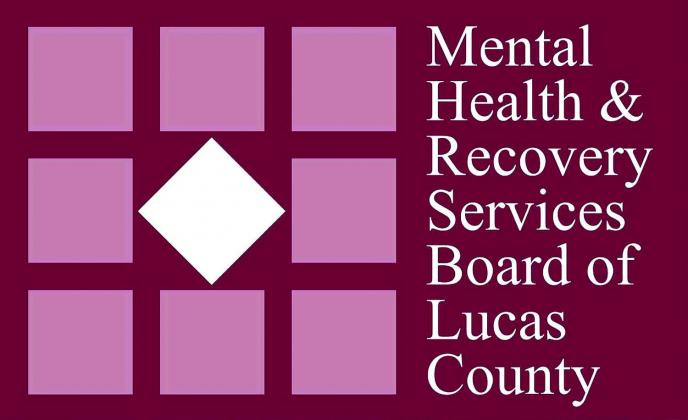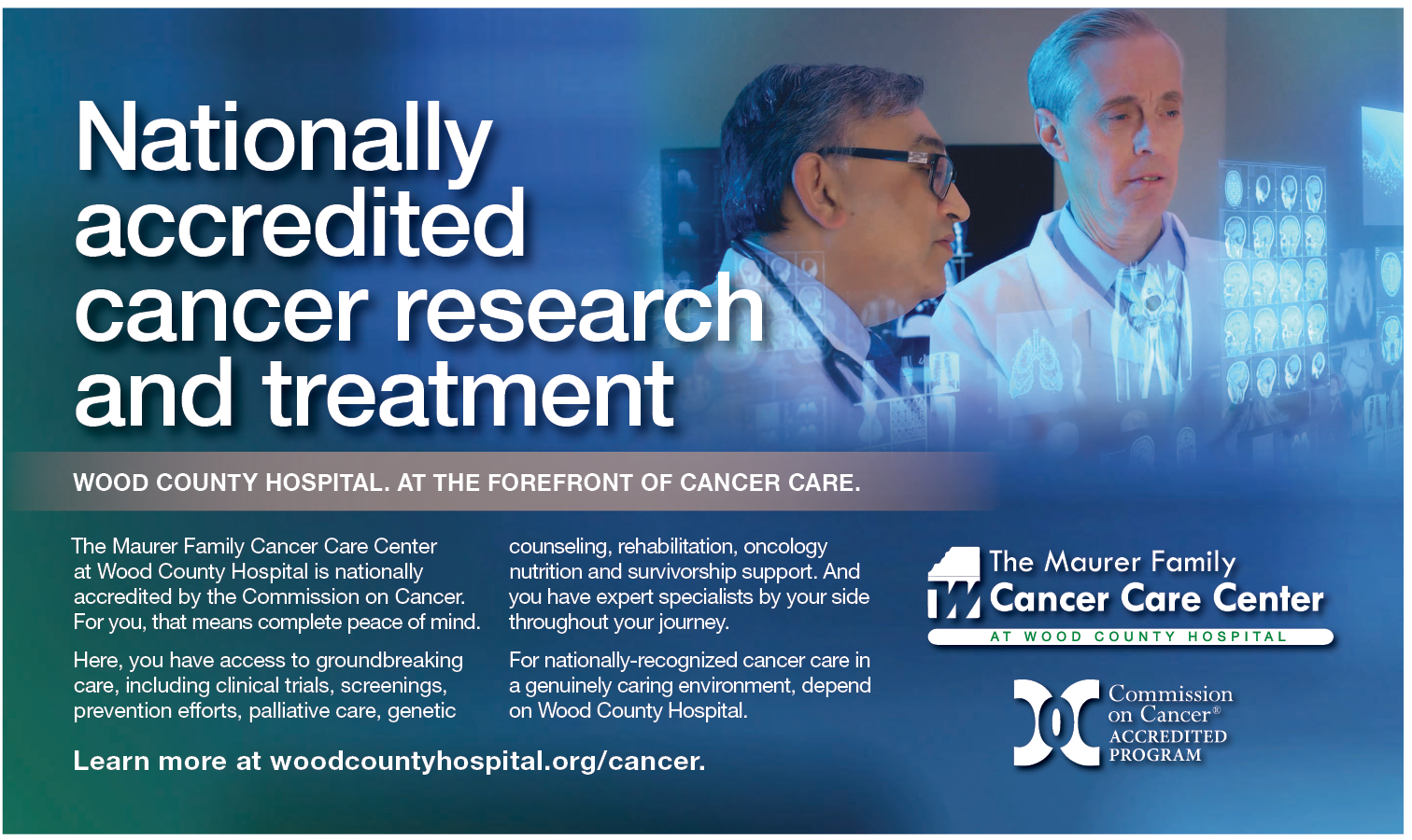IF A NEXT-DOOR NEIGHBOR were recovering from a heart attack, resting after the latest cancer treatment, or on the mend with a broken leg, many people would call or drop by with well wishes, offers to help with chores, or meals to deliver. But if the neighbor were battling depression, reeling from attempted suicide, or taking medication to control schizophrenia, almost assuredly not.
That attitude is what mental health professionals and their supporters aim to change this month.
May is Mental Health Awareness Month nationwide. Locally, NAMI Greater Toledo—National Alliance on Mental Illness—joins in with an annual walk as its centerpiece event. The walk usually draws hundreds of people to one location in Toledo. But not in 2020.
“Last year because of the pandemic we switched on the fly to a virtual walk,” recalls Robin Isenberg, NAMI Greater Toledo’s executive director. Because the pandemic persists, the event again will be virtual, but different. “We’ll have remote locations where small groups will have activities and will be streamed on Facebook. There’ll be people who will talk about their experiences, businesses that support mental health—each location can do what they want.”
She adds, “People don’t have to walk. They could be rollerblading, cooking, doing yoga, drawing with sidewalk chalk. It’s all to bring awareness about mental health.”
This year’s activities will be from about 10:00 a.m. though 3:00 p.m. on May 22. Details are at www. namitoledo.org.
The usual walk, last year’s virtual event, and this year’s all focus on raising three things: awareness, money, and community support.
So far as awareness is concerned, “the timing is especially appropriate this year,” Isenberg says. “Before the pandemic, one in five Americans—20 percent—were living with a mental health diagnosis. Now, we’re seeing that over 60 percent of Americans report increased depression and anxiety as a result of the pandemic.”
She says there traditionally has been a stigma against asking for help with mental health problems, but that’s what the awareness drive is trying to break. “Mental health has been thought of as a behavior condition, but it’s a brain disorder. If you had heart disease or diabetes, you’d go to a doctor and get medication or exercise or change your diet. Mental illness is no different—the brain has a chemical imbalance.”
Treatment takes the form of having a physician, psychiatrist, or nurse practitioner who can supply medication, a therapist or counselor who can provide coping skills, and a friend, faith leader, or neighbor who can provide support. “That’s the key to recovery,” Isenberg says, “to have all these pieces in place.”
She adds, “At NAMI we don’t have a psychiatrist or doctor on staff. We have mental health professionals. Our mission is that nobody travels this mental health journey alone. We are there to provide support, education, and advocacy. We have family navigators who help individuals and families get connected with resources to help recovery.”
Addressing the money-raising aspect, Isenberg explains that all of NAMI’s services are free. “We have peer support groups that are led by people who have lived the experience. We have education classes for family members, parents, and friends who might be supporting someone. We have art workshops that are a non-threatening way for folks to express themselves if they don’t want to talk.”
Eighty percent of NAMI’s funds come from grants, the rest from fund-raisers, the biggest being the walk, during which participants secure pledges.
The third component of the walk is far-reaching. “We’re bringing our community together,” Isenberg says. “Not just individuals and families, but local mental health systems, business that support mental health of their employees, minority populations. We bring them together that one morning in May to support mental health services here in Lucas County. We’re blessed in Lucas County to have an effective community mental health system.”
Isenberg adds that NAMI Greater Toledo has leadership initiatives in the faith community, the Latino and African-American communities, and now the Arab-American community. “If there’s one positive thing this pandemic has done,” Isenberg says, “it’s that mental health will be more easily talked about because everyone in our country now knows what it’s like to live with a mental health challenge, like being hopeless, sad, or lonely. It’s given more people a taste of what it’s like for people with chronic mental health conditions. COVID has opened our eyes to know that it’s OK to not be OK.”
That “OK” phrase is part of the standing message NAMI presents, followed by “you are not alone.” As Isenberg says, “That sums up what we’re all about.”
Dennis Bova is a freelance writer and editor.


